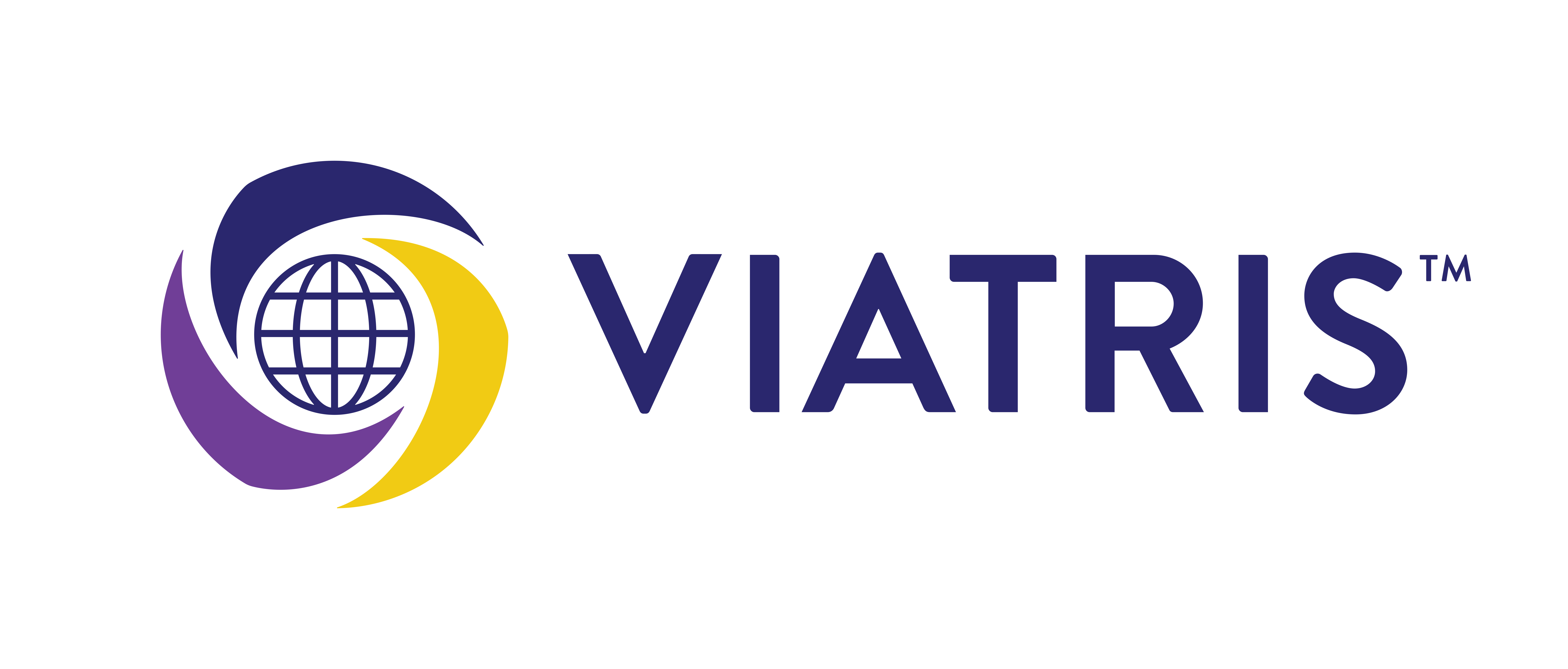Safety considerations with gastrointestinally active lipid-lowering drugs.
Am J Cardiol. 2007 Mar 19;99(6A):47C-55C. Epub 2006 Nov 29. 
Gastrointestinally active agents such as cholesterol absorption inhibitors (CAIs) (eg, ezetimibe) and bile acid sequestrants (BAS) (the resins cholestyramine and colestipol, or colesevelam, a nonabsorbable polymer) offer important options for lipid-lowering therapy. Ezetimibe is a novel CAI that inhibits the absorption of dietary and biliary cholesterol without affecting the absorption of triglycerides or fat-soluble vitamins. In clinical trials, there has been no evidence of increased rates of myopathy or rhabdomyolysis associated with ezetimibe, whether in use as monotherapy or in a combination with statin therapy, although there exist case reports of possible ezetimibe-associated myopathy. Ezetimibe alone does not appear to increase liver transaminase levels significantly, but the coadministration of a 3-hydroxy-3-methylglutaryl coenzyme A reductase inhibitor (statin) with ezetimibe marginally increases this risk. However, reported increases in liver enzymes have not been associated with clinically meaningful symptoms and often return to baseline levels after the discontinuation of therapy or with continued treatment. To date, no cases of liver failure, liver transplantation, or death have been reported. BAS have been used clinically since the 1960s for lowering low-density lipoprotein cholesterol. Because they are not absorbed from the gastrointestinal tract into the blood, these agents do not contact most body organs and are therefore systemically safe. However, case reports and pharmacokinetic data disclose 3 kinds of adverse effects: (1) the decreased absorption of concomitant medications and sometimes of certain vitamins; (2) the physicochemical alteration of intestinal contents leading to constipation and, very rarely, intestinal obstruction; and (3) modest increases in plasma triglyceride levels due to the alteration of hepatic lipid metabolism. The newest BAS, colesevelam, has greater specificity for bile acids compared with the older agents cholestyramine and colestipol, eliminating most drug interactions and reducing the tendency for constipation. Overall, CAIs and BAS have excellent systemic safety profiles when used alone or in combination with other lipid-lowering drugs.
Partneři

